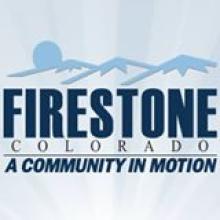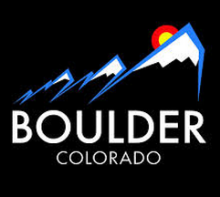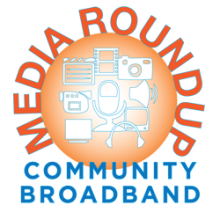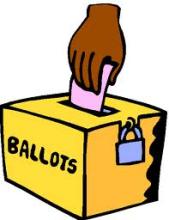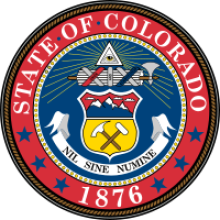New Municipal Broadband Feasibility Study Underway in Firestone, CO
The Board of Trustees for the city of Firestone, CO is evaluating the feasibility of a new municipal broadband service for this growing town of about 10,000 people that sits just 30 miles north of Denver. This according to a recent report in the Times-Call newspaper in Longmont, Colorado. The feasibility study will compare Firestone’s existing telecommunications infrastructure with those in nearby communities such as Longmont and Boulder that already have municipal networks. It will also assess the potential for growth of the service in Firestone to a nearby 3,500-home community development project.
It would be travesty to build a 3,500 home development without having a plan for high quality Internet access. Even if CenturyLink or Comcast were to deploy fiber optics there, the community should ensure there are plans for conduit or an open network to allow multiple service providers to provide a real choice.
A 2005 Colorado state law barring municipalities from providing internet service to their citizens has been an obstacle for Longmont and Boulder in their pursuit of their own city-run broadband services. Telecommunications companies in the Longmont area spent $200,000 on a campaign that helped defeat the referendum in 2009 and $400,000 more in 2011. But citizens in Longmont successfully voted in the 2011 referendum to exempt their town from the law and build their own community broadband network. As we wrote in May, Longmont’s NextLight fiber-based municipal broadband service, which started just 2 years ago, is now among the fastest internet services in the United States.


